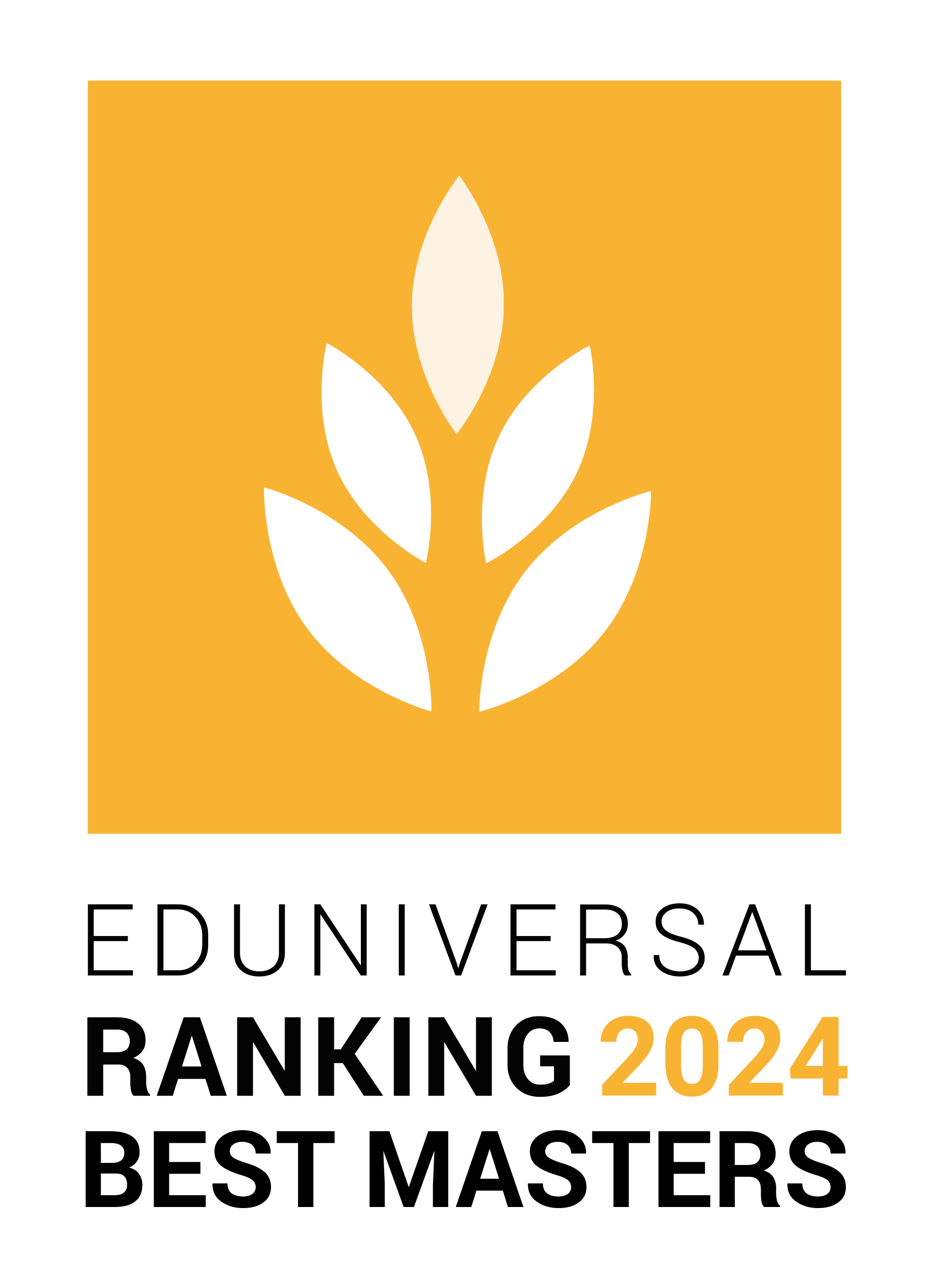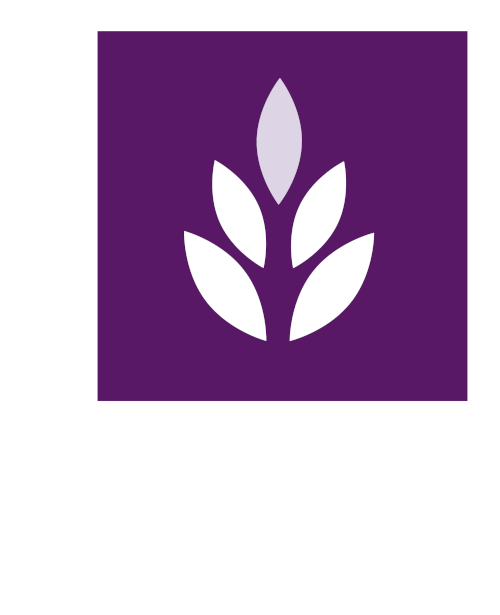- Home
- About
- Business Schools Ranking
- Selected schools
- study abroad
- Awards
- Contact

Study in Mauritius
Mauritius Statistics
Geography-Population
- Capital: Port Louis
- Area: 2,040 sq km
- Climate: tropical, modified by southeast trade winds; warm, dry winter (May to November); hot, wet, humid summer (November to May)
- Population: 1,303,717 (July 2011 est.)
- Languages: Creole 80.5%, Bhojpuri 12.1%, French 3.4%, English (official; spoken by less than 1% of the populati
Government-Economy
Government-Economy
Government type: parliamentary democracy
Independence Day: 12 March 1968 (from the UK)
Currency: Mauritian Pupee (MUR)
GDP: $17.49 billion (2010 est.)
GDP - per capita (PPP): $13,500 (2010 est.)
Information for Foreign Students in Mauritius
Obtaining a Visa
All visitors must hold valid tickets and documents for their onward or return journey and adequate funds for their intended length of stay, as well as confirmed accommodation booking. If sponsored by a Mauritian citizen, applicant should produce supporting letter of sponsor, stating name, address and relationship.
Housing
Link for hotels, hostels: http://www.centralymcasf.org/ymca/hostal/cheap-hotels-in-mauritius.htm
Health
Public medical facilities are numerous and of a high standard, and there are several inexpensive private clinics, mostly staffed by doctors educated in the west. There is no reciprocal health agreement with the UK; foreign visitors have to pay at state-run clinics and hospitals. Emergency evacuation health insurance is advised for those at serious risk.
Money
MasterCard and Visa are the most widely accepted by most banks, hotels, restaurants and tourist shops followed by American Express and Diners Club. ATMs are widespread.
Official Selection of the Best Business Schools in Mauritius
|
2 Palmes Of Excellence GOOD Business School |
Rank Position in
Palmes’ League |
Deans’ Recommendation
rate 2024 |
|---|---|---|
| 1 | 200 ‰ |

Official Selection of the Best Business Schools in Mauritius
Learn the ranking results of the best masters in Mauritius here:
https://www.best-masters.com/ranking-master-in-mauritius.html
